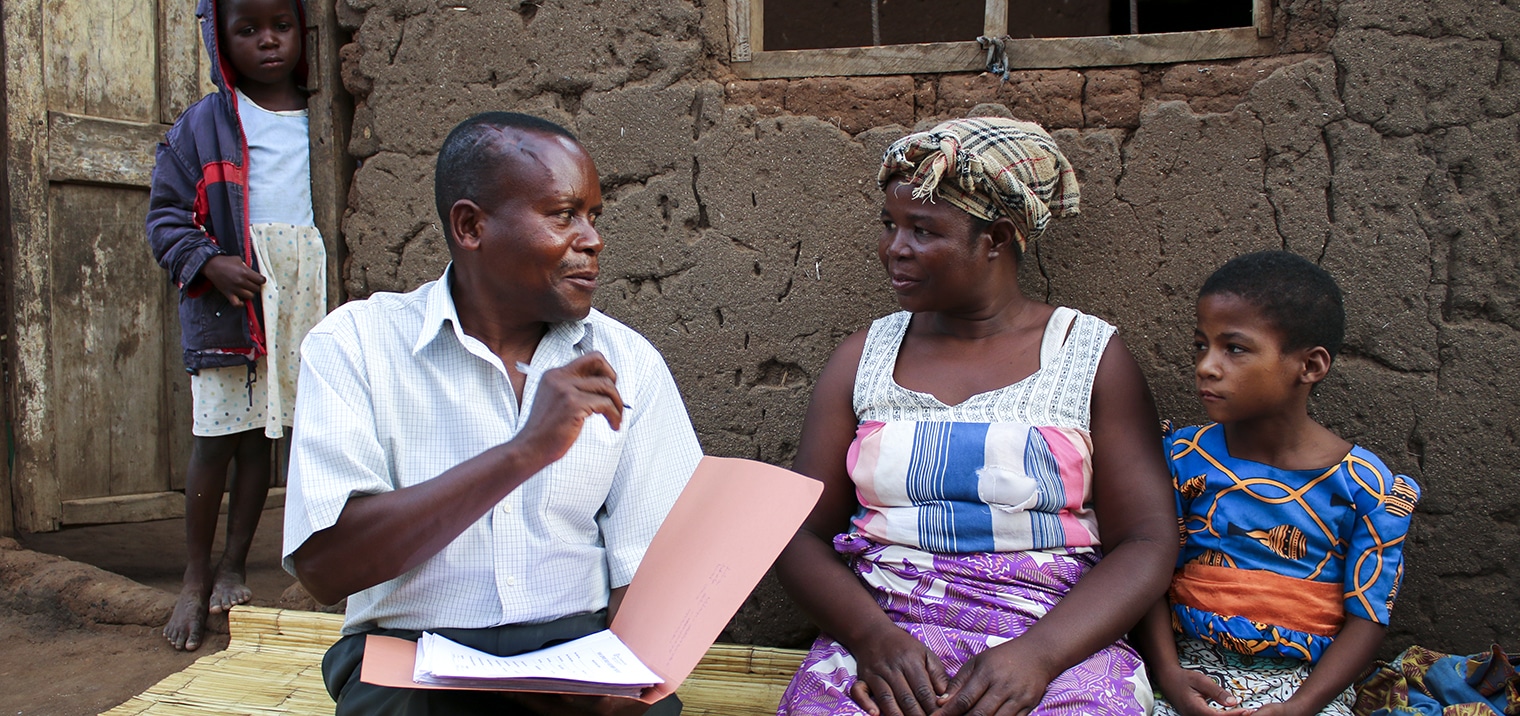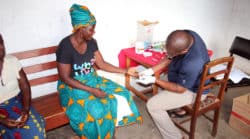
HIV/AIDS
Project HOPE supports the global vision of a world free of HIV/AIDS by strengthening local capacity to prevent new HIV infections, improving detection among people living with HIV, and increasing access to quality treatment.

HIV is one of the greatest global health challenges, claiming more than 32 million lives to date. According to the World Health Organization, only 70% of people living with HIV (PLHIV) know they have it. In 2016 alone, 1.8 million people around the world were newly infected, with almost two-thirds of these new cases in Africa.
While HIV is incurable, it is preventable and treatable. Ensuring that people with HIV know their status and getting them started on successful treatment is critical to ending the HIV epidemic.
Project HOPE’s HIV programming began in the late 1980s in Swaziland and Malawi, where we introduced HIV Testing & Counseling (HTC) and integrated HIV services into communities and the health care system.
Today, our programs in countries where we work support UNAIDS 90-90-90 targets for 2020 to help end the AIDS epidemic.
Our key approaches include:
- Preventing new HIV infections with evidence-based prevention education, interventions designed with and targeting adolescents, and biological protective measures.
- Increasing detection of people living with HIV — and Tuberculosis & HIV co-infection — through targeted index-case testing, integrated referrals, and use of innovative diagnostic technology.
- Expanding access to HIV Testing & Counseling services by strengthening linkages between communities and health care facilities, particularly for priority and high-risk populations.
- Improving access to high-quality care and treatment services combined with community-based case management and family support to ensure the best chance for success.
- Improving adherence to treatment and tracking and reengaging those who have defaulted on treatment, and helping families to support successful treatment.
- Providing linkages between community-based and facility-based interventions.